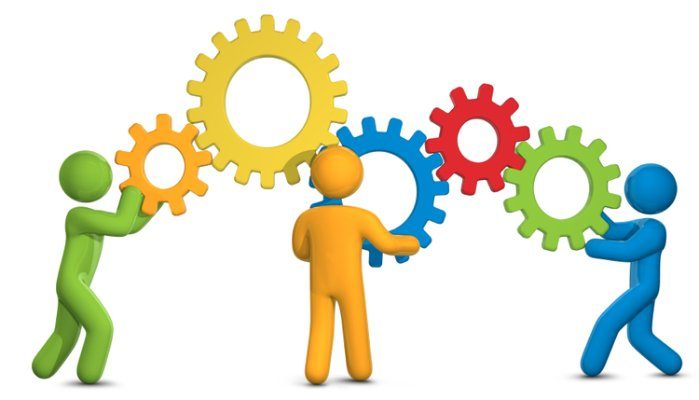Quick definition of simulation
Simulation is a computerized imitation of a system based on knowledge or assumptions about the behavior of the parts of that system, with the purpose of obtaining insight in the overall system behavior. More specifically here, we focus on “discrete event simulation” (DES): modelling of systems which change states at discrete points in time as a cascading result of specific events. Examples of systems that can modelled using DES:
- Material handling and conveying
- Road-rail-marine transportation
- Manufacturing shops
- Assembling and packaging lines
- Distribution centers
- Inter-facility network logistics
- Flow of people in a clinic.
Discrete event simulation sounds familiar?
Aren’t we talking about manipulating numbers and probabilities, understanding and decomposing data variability, experimenting and trying, getting KPIs and building dashboards? That sounds like statistic!
Aren’t we talking about discovering bottlenecks, analyzing inventories and flows, adjusting buffers, reducing inefficiencies and eliminating waste and time losses? That sounds like Lean thinking!
And how can real-life appear “by magic” inside a computer? With user and data interfaces, decision rules, embedded custom logic and constraints, data collection and compiling? I don’t believe in magic; I trust programming instead!
Discrete event simulation experts have to be comfortable with these three fundamentals system analysis tools. This is the way to develop useful and practical models that serve a purpose: making things work better and smoother. Call it “optimization” if you prefer…
As you can see above, simulation lives at the intersection of Lean, statistic and programming. But accessorily, data science, automation and quality management skills can help!
Want to learn more?
At Différence, our core expertise is centered on statistic and data science, Lean applications and operational excellence, and... operations simulation! Don’t hesitate to ask for more information by contacting us.


